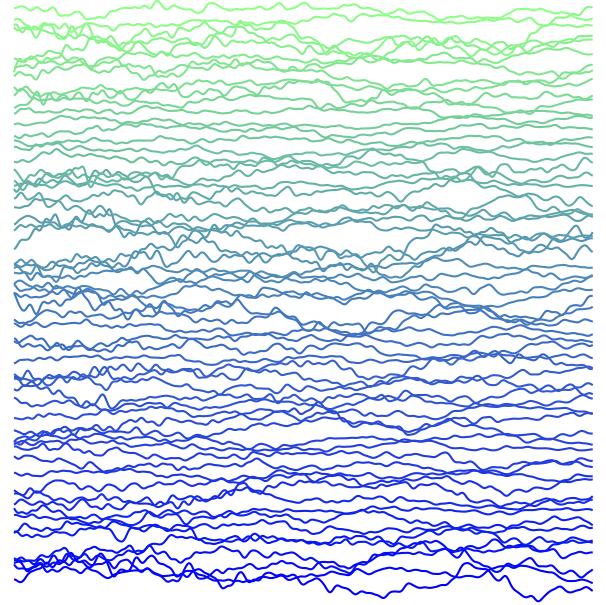Abstract:
Discoveries in modern neuroscience are increasingly driven by quantitative understanding of complex data. The work in my lab lies at an emerging, fertile intersection of computation and biology. I develop data-driven analytic methods that are applied to, and are inspired by, neuroscience questions. Projects in my lab explore neural computations in diverse organisms. We work with theoretical collaborators on developing methods, and with experimental collaborators studying insects, rodents, and primates. The common theme in our work is the development of methods that leverage the escalating scale and complexity of neural and behavioral data to find interpretable patterns. In this talk, I will highlight two research threads. The first focuses on a dynamica modeling framework for spatiotemporal decomposition of large-scale data. The second tackles the challenge of understanding human neural activity "in the wild," outside traditional experimental conditions.

Biography:
Bing Brunton is the Washington Research Foundation Innovation Assistant Professor of Neuroengineering in the Department of Biology. She joined the University of Washington in 2014 as part of the Provost’s Initiative in Data-Intensive Discovery to build an interdisciplinary research program at the intersection of biology and data science. She also holds appointments in the Paul G. Allen School of Computer Science & Engineering and the Department of Applied Mathematics. Her training spans biology, biophysics, molecular biology, neuroscience, and applied mathematics (B.S. in Biology from Caltech in 2006, Ph.D. in Neuroscience from Princeton in 2012). Her group develops data-driven analytic methods that are applied to, and are inspired by, neuroscience questions. The common thread in this work is the development of methods that leverage the escalating scale and complexity of neural and behavioral data to find interpretable patterns. She has received the Alfred P. Sloan Research Fellowship in Neuroscience (2016), the UW Innovation Award (2017), and the AFOSR Young Investigator Program award (2018) for her work on sparse sensing with wing mechanosensory neurons.
